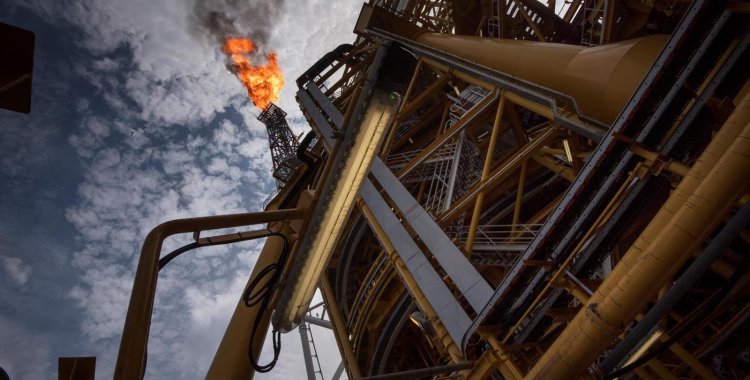"The event is very important for the Angolan oil industry because, at a regional and global level, the sector is increasingly competitive, and Angola must continue to position itself as a leader, not only in Africa", said the president of African Energy Chamber (CAE) in Angola, Sérgio Pugliese.
"It is very important to continue holding this event in Angola to promote the Angolan legacy and contribution to the advancement of the industry, in general, and also continue to promote the attractiveness of the sector in the national territory", added the leader of this platform aimed at promoting attracting investment in Africa, mainly in the energy sector.
Sérgio Pugliese was speaking to Lusa on the eve of the conference that brings together the main players in this sector that is fundamental to the evolution of the Angolan economy, and which is organized by the Angola Energy & Power platform.
"It is a unique opportunity for global players in the energy value chain to interact, debate and encourage business development", reads the presentation of the fourth edition, which will be inaugurated by the Minister of Mineral Resources, Oil and Gas of Angola, Diamantino Azevedo, and the secretary general of the Organization of Petroleum Exporting Countries (OPEC), Haitham al Ghais.
"Angola Oil & Gas should be considered a destination scheduled in the World Oil Industry's event itinerary, thus highlighting the importance of Angola and its driving role", added Sérgio Pugliese in his statements to Lusa.
Angola is the second largest oil producer in sub-Saharan Africa, after Nigeria, but in recent years it has been unable to increase production in a sustainable manner, with most analysts predicting a reduction in production in the coming years due to the lack of investment in wells in recent years, and the few discoveries, which thus do not compensate for the natural decline of older wells.
"Encouraging foreign investment in the oil sector is extremely important, as weakness in the oil sector has been the main reason for the recent economic slowdown," said Capital Economics analyst who follows the economy, David Omojomolo.
"With regard to production, our forecast is weak for the coming years", he added, pointing out that "monthly production is expected to be below 1 million barrels per day from next year due to production factors, such as declining wells, high production costs and lack of investment".
Even with the reduction in production, oil will continue to be the heart of the Angolan economy in the coming years, despite the efforts that the Government has made to diversify the economy, moving it away from a sector that is still worth more than 90 percent of exports and represents around a quarter of GDP.
"Angola is looking for new investments in the oil and gas industry; wells reach their peak very quickly and then decline sharply," the coordinator of the Africa department at Chatham House told Lusa.
"In the long term, Angola needs to diversify its economy away from hydrocarbons, but in the short term oil and gas will continue to be a fundamental part of the economy", concluded Alex Vines.
Oil production in Angola in the first half of the year was below 1 million barrels per day, on average, with at least two months with exports not exceeding 900 thousand barrels, according to data recently presented by the Minister of Finance.
With the price significantly lower than in the first half of last year, revenue also falls, complicating the country's economic situation.
In the second quarter, oil production was below 1 million barrels per day, which represents a drop of 11.8 percent compared to the same period last year and, together with the drop in the price of a barrel, means a drop in oil revenues , Angola's main source of revenue, said the research office of Banco Fomento Angola (BFA) in an analysis of the oil sector in July.
"The average export price [between April and June] fell 22.3 percent compared to the same year, reaching an average of 79.4 dollars per barrel, oil tax revenues generated around 2.5 billion dollars, corresponding to a year-on-year loss of 29.1 percent", the comment reads.
The document also noted that, in the first five months, Angola received 12 billion dollars, around 10.9 billion euros, in oil exports, which represents less 4.3 billion dollars, or 3 .9 billion euros, compared to what was received from January to May 2022.
"According to our calculations, the reduction in prices (price effect) has removed almost 2.9 billion dollars [2.6 billion euros] from total revenues so far [end of the first semester], while the drop in production (quantity effect) removed 1.6 billion dollars [1.4 billion euros]", said the BFA.







